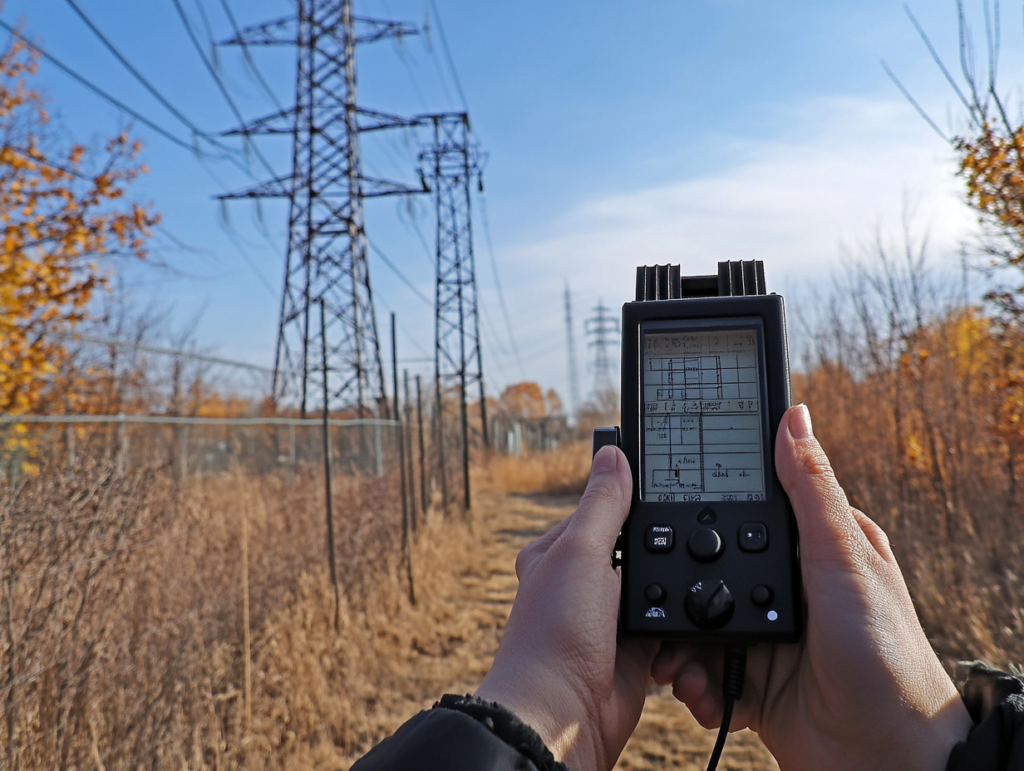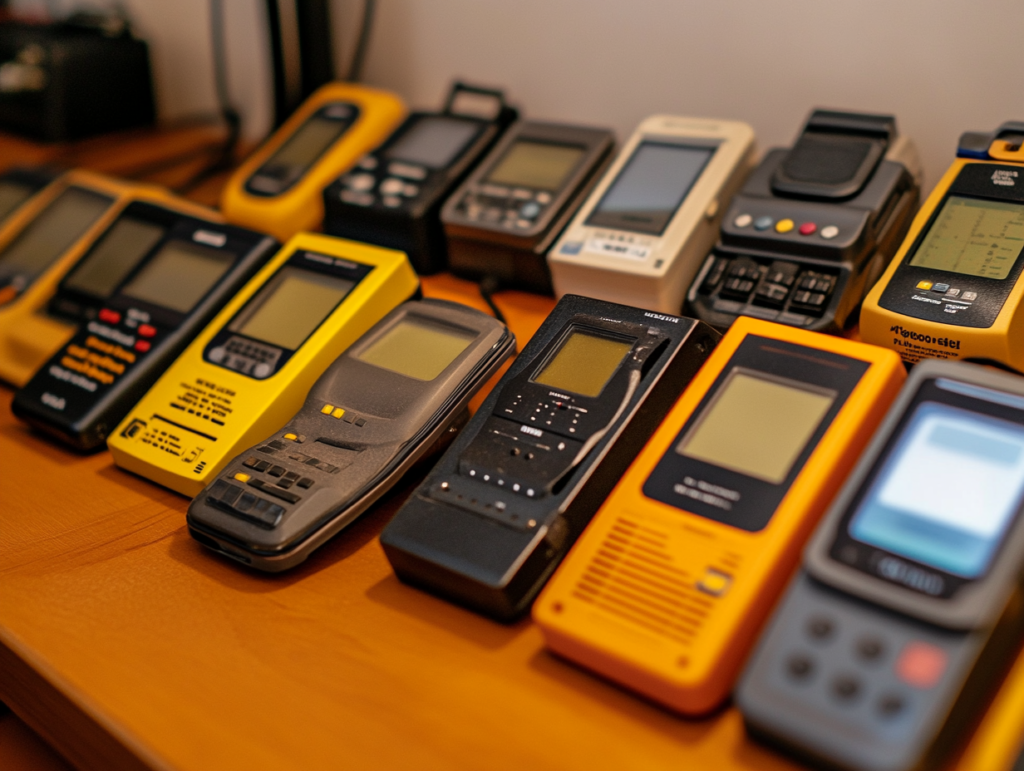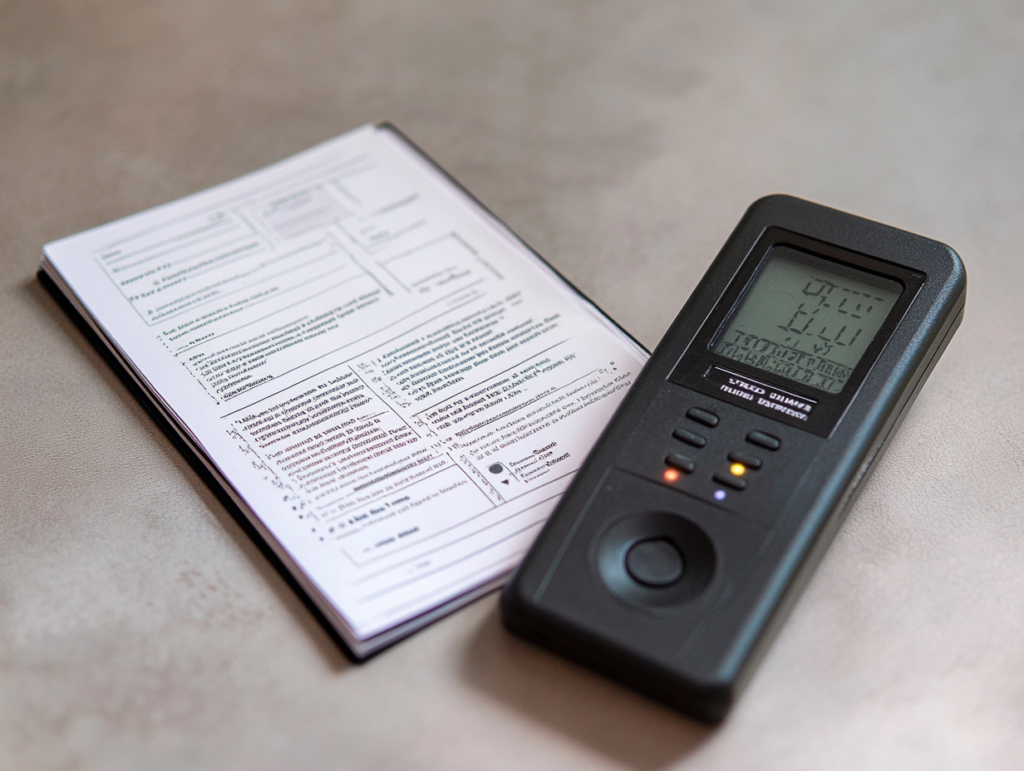EMF Field Detector – How to Choose the Best Device
With growing concerns about the potential health risks associated with electromagnetic fields (EMF), more people are looking for ways to monitor and reduce their exposure. One of the most effective tools for this purpose is an EMF field detector. This device helps you measure the levels of EMF radiation in your environment, allowing you to take steps to protect yourself and your family. In this article, we’ll explore what an EMF field detector is, how it works, and how to choose the best one for your needs.
What is an EMF Field Detector?
An EMF field detector is a device that measures the presence and strength of electromagnetic fields in your environment. These detectors are commonly used to detect EMF radiation from various sources, including:
- Wi-Fi routers
- Cell phones and cordless phones
- Microwaves
- Power lines
- Electrical appliances
EMF field detectors are essential tools for anyone concerned about the potential health effects of EMF radiation and who wants to monitor and reduce their exposure.
How Does an EMF Field Detector Work?

EMF field detectors work by sensing electromagnetic fields and converting that information into a readable output, usually displayed in units like milligauss (mG) or volts per meter (V/m). Here’s a brief overview of how they operate:
- Detection: The detector senses electromagnetic fields through internal sensors.
- Measurement: It then measures the strength of these fields in a specific area.
- Display: The results are displayed on the device’s screen, allowing you to see the EMF levels in real-time.
Some advanced EMF field detectors can also detect different types of EMF radiation, such as:
- Electric fields
- Magnetic fields
- Radiofrequency (RF) fields
Why You Should Consider Using This Detector
Using an EMF field detector offers several benefits:
- Awareness: Understand the levels of EMF radiation in your environment.
- Protection: Identify hotspots in your home or workplace and take steps to reduce exposure.
- Peace of Mind: Knowing the EMF levels around you can help you make informed decisions about your health and safety.
For those particularly sensitive to EMF radiation or living near high-EMF areas like power lines, an EMF field detector is an invaluable tool.
Types of EMF Field Detectors

There are different types of EMF field detectors available, each with specific use cases and features.
1. Single-Axis EMF Field Detector
Single-axis detectors measure EMF radiation along a single axis. These devices are generally less expensive and are suitable for basic measurements. However, they require multiple readings at different angles to get an accurate overall measurement.
2. Tri-Axis EMF Field Detector
Tri-axis detectors measure EMF radiation along three axes (X, Y, and Z) simultaneously. This provides a more accurate reading without the need for multiple measurements. Tri-axis detectors are more advanced and usually more expensive, making them ideal for those who want a comprehensive understanding of their environment’s EMF levels.
3. RF EMF Field Detector
RF EMF field detectors are specifically designed to measure radiofrequency radiation, which comes from sources like Wi-Fi, cell phones, and microwave ovens. If you are particularly concerned about RF radiation, these detectors are a good choice.
How to Choose the Best Detector for Your Needs
When selecting an EMF field detector, there are several factors to consider:
1. Accuracy and Sensitivity
Look for a detector that offers high accuracy and sensitivity. This ensures reliable readings, especially if you’re trying to identify low-level EMF sources. Tri-axis detectors generally provide more accurate measurements than single-axis models.
2. Frequency Range
Different detectors have different frequency ranges. Make sure the detector you choose can measure the types of EMF radiation you are concerned about. For example, if you are worried about RF radiation, ensure the detector covers the appropriate frequency range.
3. Ease of Use
Consider how easy the device is to use. Look for features like a clear display, simple controls, and a portable design. Some detectors also come with additional features like data logging, which can be useful for tracking EMF levels over time.
4. Price
EMF field detectors come in a wide range of prices, from budget-friendly options to high-end professional models. Determine your budget and find a detector that offers the best value for your needs.
5. Reviews and Recommendations
Before making a purchase, check out user reviews and expert recommendations. This can give you a better idea of the detector’s performance, durability, and reliability.
Top EMF Field Detectors on the Market
Here are some of the best EMF field detectors available today, suitable for various needs and budgets:
1. Trifield TF2
The Trifield TF2 is one of the most popular EMF field detectors on the market. It’s a tri-axis meter that can detect electric, magnetic, and radiofrequency fields. It’s known for its accuracy, ease of use, and versatility, making it a great choice for both beginners and advanced users.
2. Cornet ED88T Plus
The Cornet ED88T Plus is another highly regarded EMF field detector. It’s compact, portable, and offers a wide frequency range, covering most common sources of EMF radiation. It also features data logging, which is useful for tracking EMF levels over time.
3. Meterk
If you’re looking for a budget-friendly option, the Meterk EMF Field Detector is a solid choice. It’s a single-axis detector that’s easy to use and provides reliable readings for basic EMF detection needs. While it may not be as advanced as other models, it’s an excellent entry-level option.
4. Acoustimeter AM-10 RF
The Acoustimeter AM-10 is specifically designed for detecting radiofrequency radiation. It’s highly sensitive and provides both visual and audio feedback for RF levels. This detector is ideal for those particularly concerned about Wi-Fi and cell phone radiation.
How to Use an
Using an EMF field detector is straightforward, but here are some tips to help you get the most accurate readings:
1. Start by Identifying Potential Sources of EMF
Before you begin measuring, identify potential sources of EMF radiation in your home or workplace. Common sources include Wi-Fi routers, cell phones, power lines, and electrical appliances.
2. Take Measurements at Different Times of Day
EMF levels can vary throughout the day, so take measurements at different times to get a comprehensive understanding of your exposure. For example, Wi-Fi routers may emit higher levels of radiation during peak usage times.
3. Move Slowly and Take Multiple Readings
When measuring EMF levels, move the detector slowly and take multiple readings at different angles (if using a single-axis detector). This will help you pinpoint hotspots and areas of concern.
4. Document Your Findings
Keep a record of your measurements, noting the time, location, and EMF levels detected. This can help you track changes over time and make informed decisions about reducing exposure.
Conclusion

An EMF field detector is an essential tool for anyone concerned about electromagnetic radiation. By choosing the right detector and using it effectively, you can identify EMF hotspots in your environment and take steps to reduce your exposure. Whether you’re a beginner or a seasoned EMF enthusiast, investing in a quality EMF field detector can provide peace of mind and help you create a safer living space.
FAQs
What is an EMF field detector used for?
An EMF field detector is used to measure the levels of electromagnetic fields (EMF) in your environment, helping you identify sources of EMF radiation and take steps to reduce exposure.
Are EMF field detectors accurate?
The accuracy of an EMF field detector varies depending on the model and type. Tri-axis detectors tend to be more accurate than single-axis models. It’s important to choose a reliable detector that meets your specific needs.
Can an EMF field detector detect all types of EMF radiation?
Not all EMF field detectors can detect all types of EMF radiation. Some are designed for electric and magnetic fields, while others specialize in radiofrequency (RF) fields. Choose a detector that covers the frequencies you are concerned about.
How often should I use an EMF field detector?
It’s a good idea to use your EMF field detector regularly, especially when new electronic devices are introduced into your environment or if you notice changes in your health that could be related to EMF exposure.
Is it necessary to have an EMF field detector at home?
While it’s not essential for everyone, having an EMF field detector at home can be beneficial if you’re concerned about EMF exposure and want to take proactive steps to reduce it.

